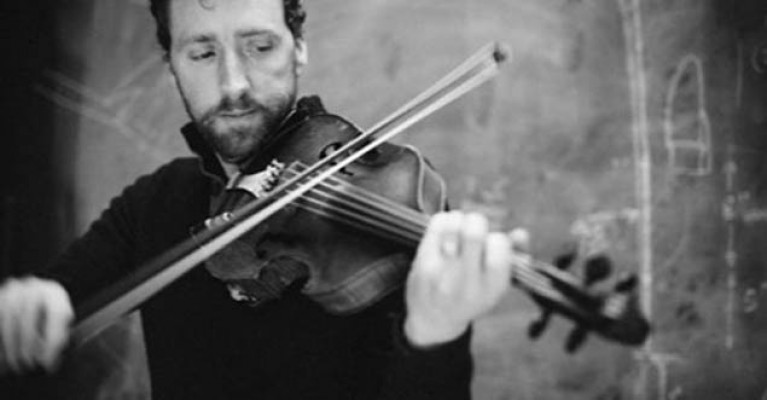Displaying items by tag: Doolough Valley Deaths
Coastal Communities Invited to Participate in "Virtual" Social Justice Event to Remember Doolough Valley Deaths
Some people are climbing Everest, some tackling Hadrian’s Wall, some circumnavigating Ireland as four Dun Laoghaire sailors are doing in aid of the RNLI, all virtually, of course.
However, sailors and coastal communities are being invited to participate in a land event this Saturday - a “virtual” walk to remember one of the “blackest” events in Ireland’s Great Famine history.
Peace and justice charity Afri has marked the Doolough tragedy for the past 32 years, recalling the deaths of several hundred people in March 1849 after they were forced to walk 11 miles in cold and wintry conditions through Mayo’s Doolough valley to attend an inspection and receive food or tickets to the workhouse.
The annual event aims to highlight the fate of people in other famine situations and disasters, with a particular focus on climate justice.
Undeterred by the pandemic restrictions this year, Afri’s Joe Murray has organised a free online evening today (Sat May 16) of talk, and live music with renowned violinist Colm Mac Con Iomaire, harpist Emer Lynam, singers and songwriters Roj Whelan and Paul O’Toole.
Host for the event is campaigner and author Ruairí McKiernan, and speakers will include Prof John Maguire of University College Cork (UCC), Donnah Vuma of Movement of Asylum Seekers in Ireland, student climate activist Gráinne Malone and author and lecturer Dr Clare O’Grady Walshe who has just published a book on globalisation and seed sovereignty in sub-Saharan Africa.
Dr O’Grady Walshe contends that the pandemic has focused attention on food security, and on the separate issue of a community’s right to seed diversity – at a time when transnational corporation focus on monoculture and genetic modification is undermining traditional systems of seed saving.
Former UN assistant secretary-general Denis Halliday and travel writer Dervla Murphy have endorsed her new work, while Irish Seed Savers’ Association founder Anita Hayes has described it as a “foundation stone for a whole new conversation” on a complex topic.
Irish Aid, Trócaire and Concern are supporting Afri’s work, and its free event will be live-streamed from 7 pm on Saturday on Afri’s Facebook page and YouTube channel here.





























































